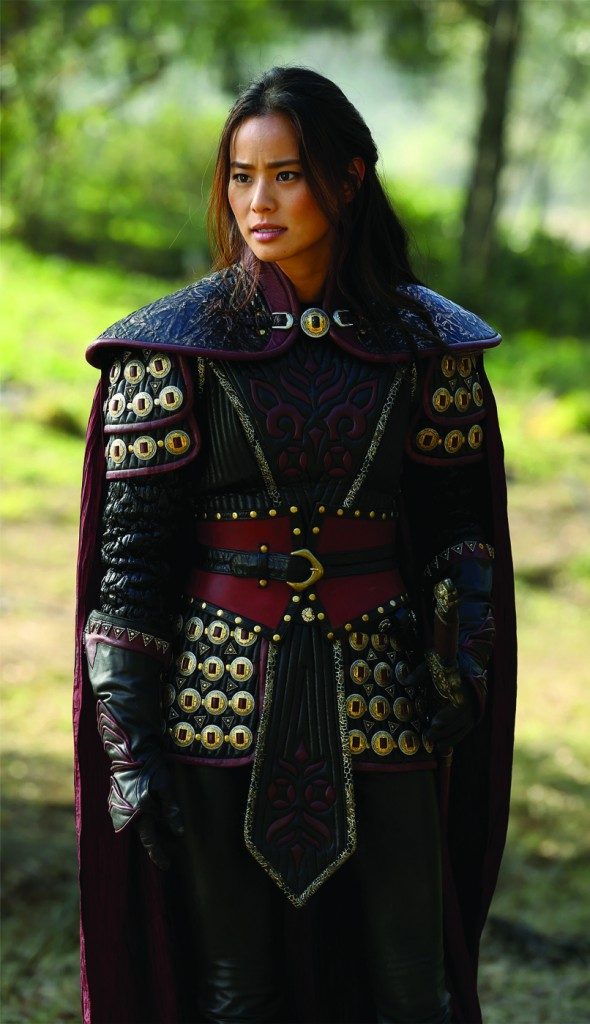
The progress and development of Disney remakes
By Cazzy Lewchuk, Opinions Editor
I think Mulan is one of the greatest Disney movies of the ’90s. It takes place in the gorgeous setting of ancient China, and stars one of the most ass-kicking Disney “princesses” (not defined by a lack of royal status!). She’s a woman of colour, she spits in the face of patriarchal standards, and she even has Eddie Murphy as a dragon guardian. The songs are pretty great, too—“as mysterious as the dark side of the m-oooooo-oon!”
The internet went bananas when it was announced that it would be the latest Disney film to get a live-action remake. More recently, fans nearly had a complete meltdown when it was announced by the director that current plans indicated there are to be no songs in the new movie.
No doubt, the music of Mulan is part of what makes it so awesome. But it’s also not essential to the story. Mulan is already a great deal darker than many Disney films, with the entire plot revolving around massive battles. While the songs, like most Disney movies, are excellent, their purpose is to cater to children and lighten the mood of a story. They often do not match the tone of the epic story, and may not translate well into live-action.
I suspect choreographing and recording the music from Mulan in a live-action context would be incredibly difficult, expensive, and risky. There’s a good chance it just wouldn’t work out well. By removing music from the story, the movie can instead focus on cinematography, plot details, and other opportunities to expand on current elements. The live-action Cinderella wasn’t a musical, and the live-action Jungle Book only featured two songs. These remakes chose to highlight the visuals and use what made sense for the live-action medium. These movies show that the storyline of Mulan as a big-budget adaptation doesn’t need songs to be effective.
Mulan is a Chinese legend that’s 1,500 years old. China has made several adaptations of the story already, including a live-action epic in 2009. Hollywood continues to focus on movies, particularly big-budget ones, with casts dominated by white people. Ghost in the Shell features white Scarlett Johanssen as a dark-haired cyborg woman in a heavily Asian-inspired setting based on a Japanese franchise. The Great Wall featured Matt Damon (as a European mercenary) in medieval China fighting monsters alongside a lesser-known and lesser-paid Asian cast. Mulan will actually feature an all-Asian cast, including a Chinese actress to play the woman warrior. This remake is an incredible opportunity to show that mainstream big-budget films can succeed even with a non-white cast. It’s an opportunity for an Asian actress (how many young female Chinese actors can you name?) to be recognized and appreciated by western audiences. She doesn’t have to sing to make this iconic Disney princess stand out on the screen. She can inspire and entertain children everywhere with her actions instead.
